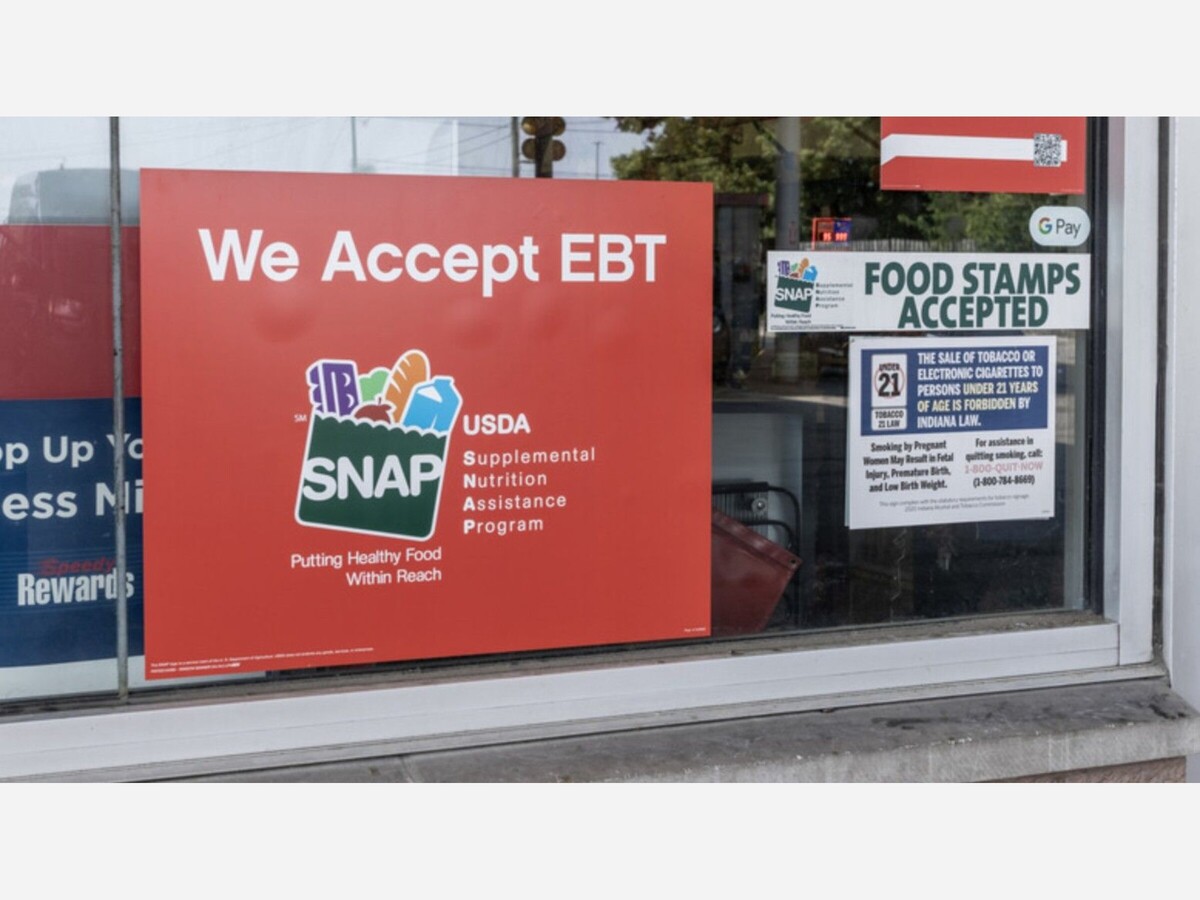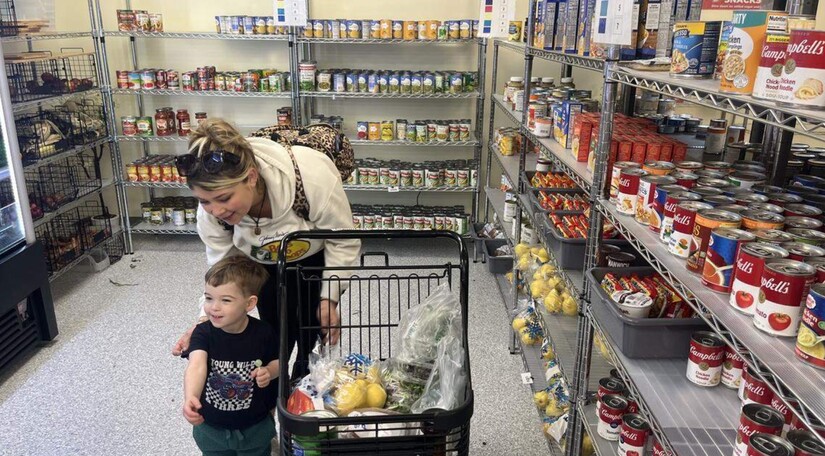Image


ST. PAUL, Minn. — As the federal government shutdown drags into its fifth week, Minnesota officials are intensifying their efforts to assess and mitigate its growing toll on residents, state operations, and federal employees. On Thursday, the Minnesota Senate Subcommittee on the Federal Impacts on Minnesotans and Economic Stability — commonly called the Federal Impacts Subcommittee — convened at the State Capitol to hear direct testimony from those feeling the shutdown’s effects firsthand.
Formed this past summer, the nine-member bipartisan subcommittee (five DFL, four Republican) was created to evaluate how shifts in federal policy and funding affect Minnesota’s economy and residents. But with Washington gridlocked over budget negotiations, the panel’s work has taken on new urgency, serving as a lens into how the shutdown’s disruptions are cascading through essential services.

Federal employees and union representatives described worsening morale and financial hardship as the shutdown halts paychecks for thousands of workers across Minnesota.
“I’ve got officers that have come to me that say my rent is due on November 1. I don’t have the funds for that,” said Mark Johnson, president of AFGE Local 899, representing Transportation Security Administration (TSA) employees.
Johnson and other union leaders told lawmakers that without pay or clear timelines for resolution, many federal employees are struggling to cover housing, food, and medical expenses.
Brian Garthwaite, president of AFGE Local 3381, representing Food and Drug Administration (FDA) employees, warned that prolonged financial strain could begin to impact public safety and service delivery.
“Don’t be surprised if [the] federal employees you rely upon have to pull back and tend to their own needs,” Garthwaite said. “And those needs are going to have a cascading effect on an already strained support system.”
Nationwide, similar warnings have emerged from the American Federation of Government Employees (AFGE), which represents over 700,000 federal workers, many now furloughed or working without pay.
State agencies also outlined how the shutdown complicates their work—even in sectors deemed essential. The Minnesota Department of Agriculture reported that meat and produce inspections continue as usual, but federal communication gaps are hindering preparedness for potential crises.
“What do we do if the next shoe falls? We don’t have that contingency plan now,” said Dr. Brian Hoefs of the Minnesota Board of Animal Health, referencing the lack of federal coordination for possible livestock disease outbreaks.
Officials further warned that the lapse in federal funding threatens programs like the Supplemental Nutrition Assistance Program (SNAP) and the Women, Infants, and Children (WIC) initiative. Without renewed federal appropriations, benefits could be delayed or halted for tens of thousands of Minnesota families as early as mid-November, according to state estimates.
“We are preparing contingency operations to ensure continuity, but there are limits to what we can sustain without federal support,” one Department of Human Services representative testified.
While lawmakers on both sides of the aisle expressed alarm at the shutdown’s local repercussions, partisan disagreement over its root cause remains sharp.
DFL lawmakers, aligned with congressional Democrats, have refused to approve a “clean” continuing resolution until Republicans agree to extend federal healthcare premium subsidies — a measure that directly affects an estimated 90,000 Minnesotans.
“It’d be great if we could get presidential leadership back in this country,” said Senator Erin Maye Quade (DFL–Apple Valley). “It’d be great if we could get federal Republicans to just agree to not kill people with one of these programs going away.”
Republican senators echoed the position of their party’s congressional delegation, urging Democrats to fund the government first and negotiate policy changes separately.
“I do not think for one minute that it is responsible for us to use the hardship of U.S. citizens—of Minnesotans—to gain political leverage,” said Senator Carla Nelson (R–Rochester).
For the Minnesotans testifying before the subcommittee, the message was clear: the shutdown’s impacts are real, personal, and escalating. Federal workers, families dependent on assistance programs, and state agencies alike are urging swift resolution.
“It’s time for our leaders to start focusing on how to solve problems for the American people,” said Johnson, “rather than on who is going to get the blame for the shutdown.”
As the stalemate in Washington continues, Minnesota’s Federal Impacts Subcommittee plans to keep meeting weekly, analyzing how the shutdown’s ripple effects continue to evolve across the state — from federal paychecks and food access to healthcare coverage and agricultural stability.
The longer the federal impasse persists, lawmakers warned, the greater the threat to Minnesota’s economic stability, workforce resilience, and public trust in government.